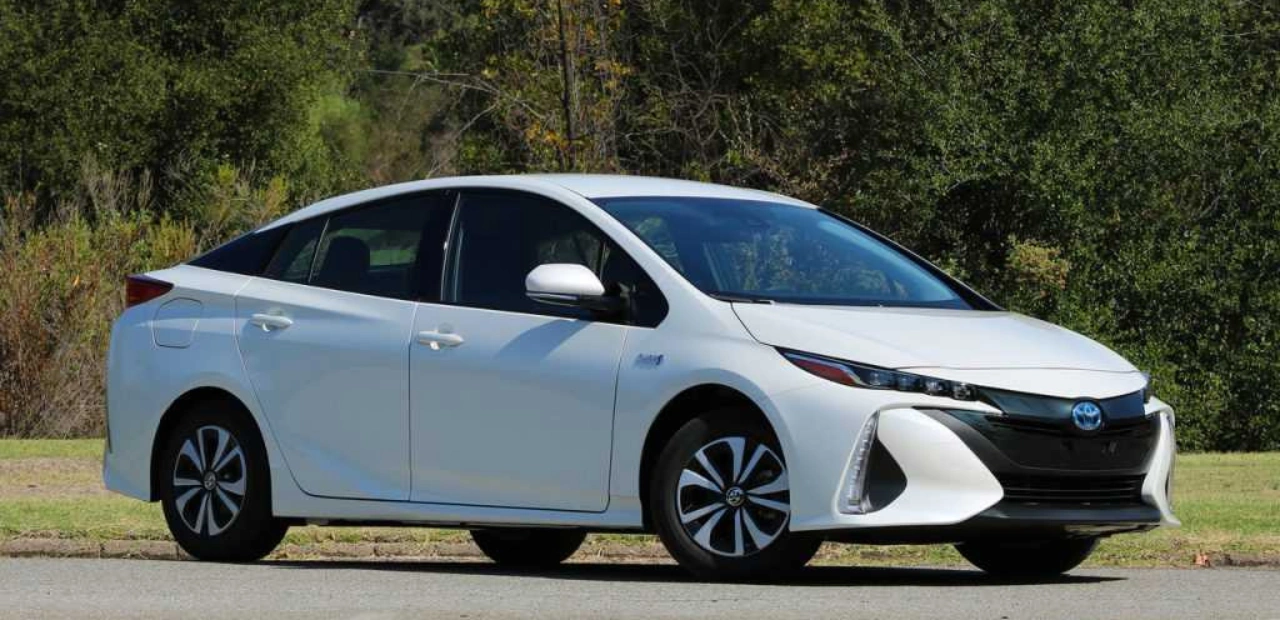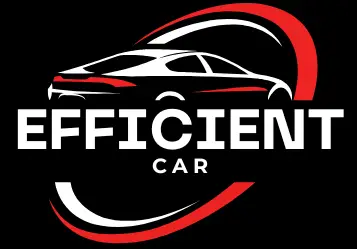Overview of Efficient Cars

Benefits of Fuel-Efficient Vehicles: Exploring the Advantages of Eco-Friendly Cars
Fuel-efficient vehicles offer numerous advantages that make them a popular choice among consumers today. For starters, these cars significantly reduce dependence on fossil fuels. By using less gasoline or diesel, they help to decrease greenhouse gas emissions and combat environmental pollution. This contributes to a cleaner and healthier planet for future generations. Additionally, fuel-efficient vehicles often have lower carbon footprints, as they release fewer pollutants into the atmosphere. This not only benefits the environment but also improves air quality, leading to a better quality of life for individuals in cities and towns. Overall, the reduced reliance on traditional fuel sources is a major advantage of eco-friendly cars that cannot be ignored.
In addition to the environmental benefits, fuel-efficient vehicles also offer economic advantages. With their improved fuel efficiency, these cars allow drivers to save money on gasoline or diesel expenses. As fuel prices continue to rise, the cost savings from owning a fuel-efficient vehicle become even more significant. Moreover, some governments and organizations provide incentives, such as tax credits or rebates, for purchasing and using eco-friendly cars. These incentives further add to the financial advantages of fuel-efficient vehicles. In the long run, the savings gained from reduced fuel consumption can offset the higher upfront costs of these vehicles, making them a smart investment for individuals looking to save money in the long term.
Understanding the Basics: How Fuel Efficiency is Measured and Rated in Vehicles
Fuel efficiency is a crucial aspect to consider when purchasing a vehicle, as it directly impacts both our wallets and the environment. So, how exactly is fuel efficiency measured and rated in vehicles? Well, the most common metric used is the miles per gallon (MPG) rating. This rating indicates the number of miles a vehicle can travel on a single gallon of fuel. The higher the MPG, the more fuel-efficient the vehicle is, resulting in reduced fuel consumption and lower carbon emissions.
To determine the MPG rating, vehicles undergo standardized tests that simulate real-world driving conditions. These tests evaluate the vehicle's performance in several areas, such as city driving, highway driving, and combined driving. The results are then used to calculate the average fuel consumption, which is expressed in miles per gallon. It is important to note that these ratings provide a general guideline and may not necessarily reflect the exact fuel efficiency that a driver can achieve in real-life conditions. Factors like driving style, traffic, and the vehicle's maintenance can influence the actual fuel consumption.
Hybrid Cars: A Closer Look at the Technology Behind These Efficient Vehicles
Hybrid cars have gained immense popularity in recent years, primarily due to their efficient use of both gasoline and electric power. Unlike traditional automobiles that rely solely on gasoline engines, hybrids combine the power of an internal combustion engine with an electric motor and battery. This unique combination allows hybrid cars to reduce fuel consumption and curb emissions, leading to a more eco-friendly and cost-effective mode of transportation.
The technology behind hybrid cars lies in their ability to seamlessly switch between the two power sources based on driving conditions. When the car is at rest or driving at low speeds, the electric motor takes over, powered by the energy stored in the battery. This eliminates the need for the gasoline engine to constantly run, reducing fuel consumption and emissions. On the other hand, during high-speed driving or acceleration, the gasoline engine kicks in, providing the necessary power to propel the car forward. The energy generated by the gasoline engine also charges the battery, ensuring a continuous supply of electric power. Overall, this integration of gasoline and electric power creates a more efficient and dynamic driving experience, making hybrid cars an attractive choice for environmentally conscious consumers.
Electric Vehicles: The Future of Efficient Transportation
Electric vehicles (EVs) are rapidly gaining attention as the future of efficient transportation. With advancements in technology and the growing concern for environmental sustainability, EVs are being hailed as the solution to reduce greenhouse gas emissions and dependence on fossil fuels. What sets electric vehicles apart from traditional gasoline-powered cars is their use of rechargeable batteries and electric motors, which produce zero tailpipe emissions. This not only helps in reducing air pollution but also contributes to a healthier and cleaner environment.
Moreover, electric vehicles are much more energy-efficient compared to conventional internal combustion engine vehicles. While gasoline-powered cars only convert about 20% of the energy from fuel into power, EVs convert about 77% of the electrical energy from the grid to power at the wheels. This efficiency translates to less wasted energy, resulting in cost savings in terms of fuel consumption. Additionally, the maintenance costs of electric vehicles are relatively lower than their gasoline counterparts, as they have fewer moving parts and do not require oil changes or regular tune-ups.
Top Fuel-Efficient Models: Reviewing the Best Cars for Saving Money at the Pump
There are several top fuel-efficient models available in the market that can help you save money at the pump. One such model is the Toyota Prius, known for its exceptional fuel efficiency and eco-friendly features. With its hybrid technology, the Prius combines a gasoline engine with an electric motor, allowing it to achieve impressive fuel economy ratings. Whether you're commuting to work or taking a long road trip, the Prius ensures that you can cover more miles per gallon, reducing your dependency on fuel and ultimately saving you money in the long run.
Another remarkable option is the Honda Civic, a compact car that strikes the perfect balance between fuel efficiency and performance. Equipped with Honda's advanced engine technology, the Civic delivers outstanding fuel economy, making it an ideal choice for those who prioritize saving money at the pump. Additionally, the Civic offers a comfortable and spacious interior, making it suitable for both city driving and highway adventures. With its exceptional fuel efficiency and reliability, the Honda Civic is a top contender when it comes to choosing an economical and eco-friendly vehicle.
Eco-Driving Techniques: Tips and Tricks for Maximizing Fuel Efficiency
While fuel-efficient vehicles are designed to maximize the use of fuel, there are certain eco-driving techniques that can further enhance their efficiency and save you money at the pump. One of the first tips is to avoid aggressive driving behaviors such as excessive speeding, rapid acceleration, and abrupt braking. These actions consume more fuel and reduce overall efficiency. By maintaining a consistent speed and using gradual acceleration and braking, you can optimize fuel consumption and extend the mileage of your vehicle.
Another effective technique is to reduce the weight and drag on your vehicle. Carrying unnecessary items in your trunk or on the roof increases the weight and aerodynamic resistance, both of which have a negative impact on fuel efficiency. Removing excess cargo and accessories not only lightens the load but also reduces the drag, allowing your vehicle to move more smoothly through the air. Additionally, keeping your tires properly inflated and ensuring regular maintenance can significantly enhance fuel efficiency. Underinflated tires increase rolling resistance, consuming more fuel, while a well-maintained engine and regular oil changes can improve overall performance and efficiency.
